What Nutritionists Never Eat—and Why You Shouldn’t Either
Navigating the modern food landscape is akin to traversing a complex maze, where every turn presents a new choice laden with potential health impacts. Nutritionists, with their extensive understanding of dietary science, often avoid certain foods that are commonly found on our plates. This article explores 10 such foods, delving into the reasons why nutritionists steer clear of them and how these insights can inform healthier eating habits. By understanding the nutritional pitfalls of these foods, you can make more enlightened choices that align with long-term health goals.
1. Trans Fats: The Silent Artery Cloggers

Trans fats, often found in processed foods and baked goods, are notorious for their detrimental impact on heart health. These artificially created fats can raise bad cholesterol levels while lowering good cholesterol, a combination that significantly increases the risk of heart disease. Nutritionists warn against trans fats because they are linked to inflammation, insulin resistance, and even higher risks of type 2 diabetes. By choosing foods free from trans fats, such as those labeled with "partially hydrogenated oils," you can protect your cardiovascular health and reduce the risk of chronic diseases.
2. Sugary Beverages: The Liquid Sugar Bombs
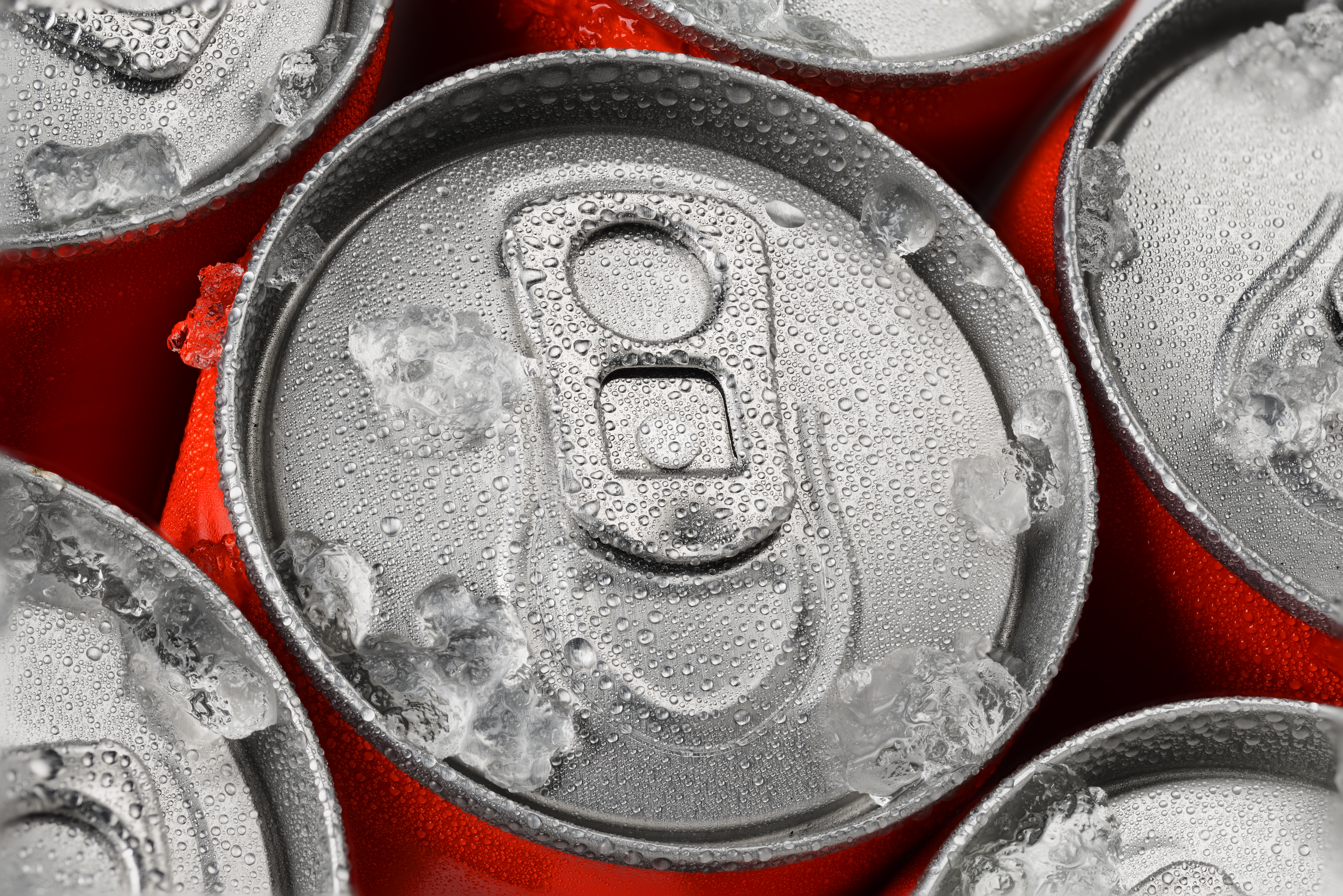
Sugary beverages, including sodas, energy drinks, and sweetened teas, are a major source of added sugars in many diets. Nutritionists avoid these drinks due to their high sugar content, which can lead to obesity, type 2 diabetes, and metabolic syndrome. These liquid calories do not satiate hunger, leading to increased overall calorie intake. By replacing sugary beverages with water, herbal teas, or naturally flavored water, you can significantly reduce your sugar consumption, helping to maintain a healthy weight and reduce the risk of developing related health issues.
3. Processed Meats: The Preserved Health Risks
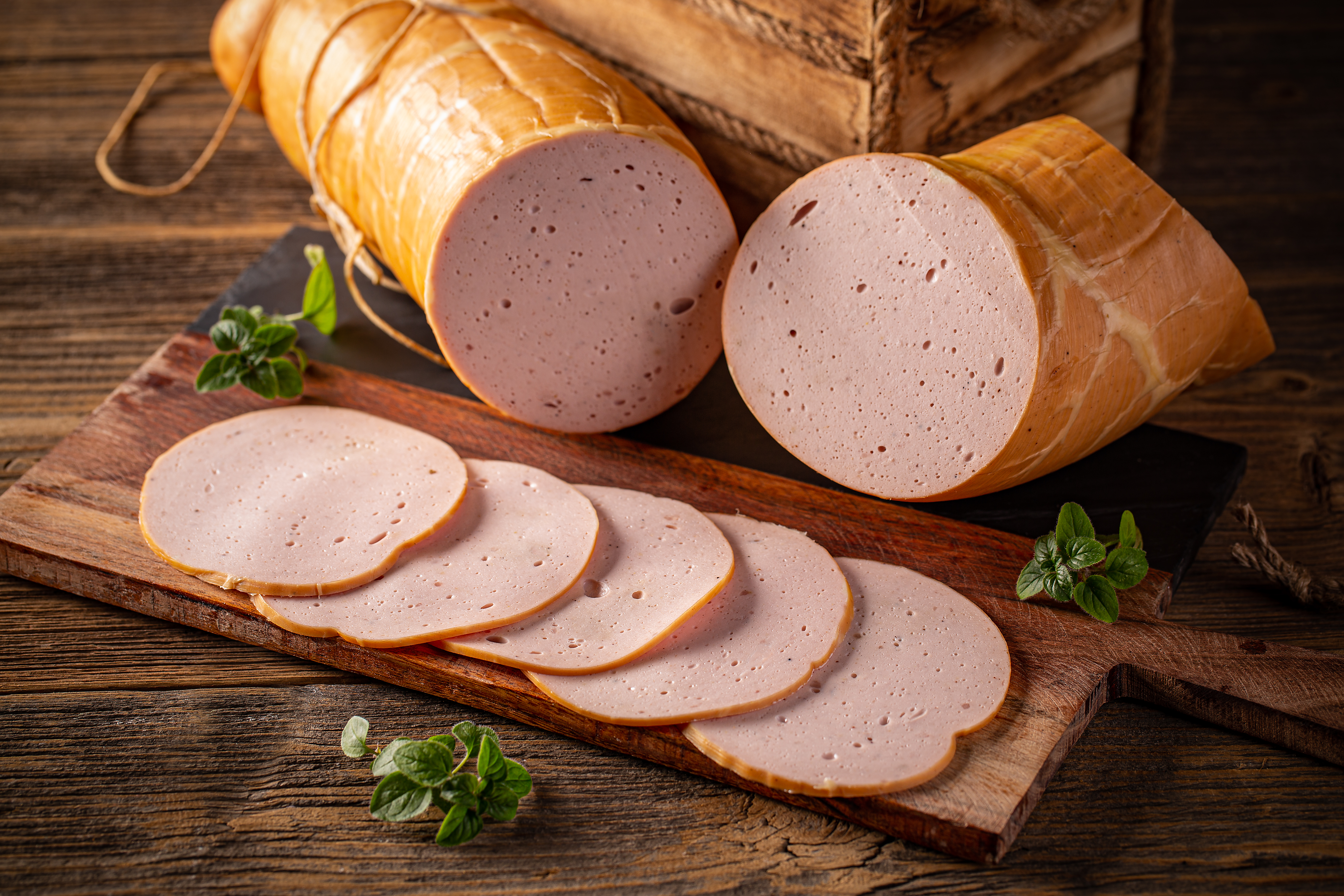
Processed meats, such as bacon, sausage, and deli meats, are often rich in sodium, nitrates, and unhealthy fats. These additives are linked to an increased risk of colorectal cancer and heart disease. Nutritionists advise against regular consumption of processed meats due to their association with inflammation and oxidative stress, which can exacerbate chronic health conditions. Opting for fresh, lean meats or plant-based protein sources can reduce exposure to these harmful substances and support overall health.
4. Refined Grains: The Nutrient-Depleted Staples
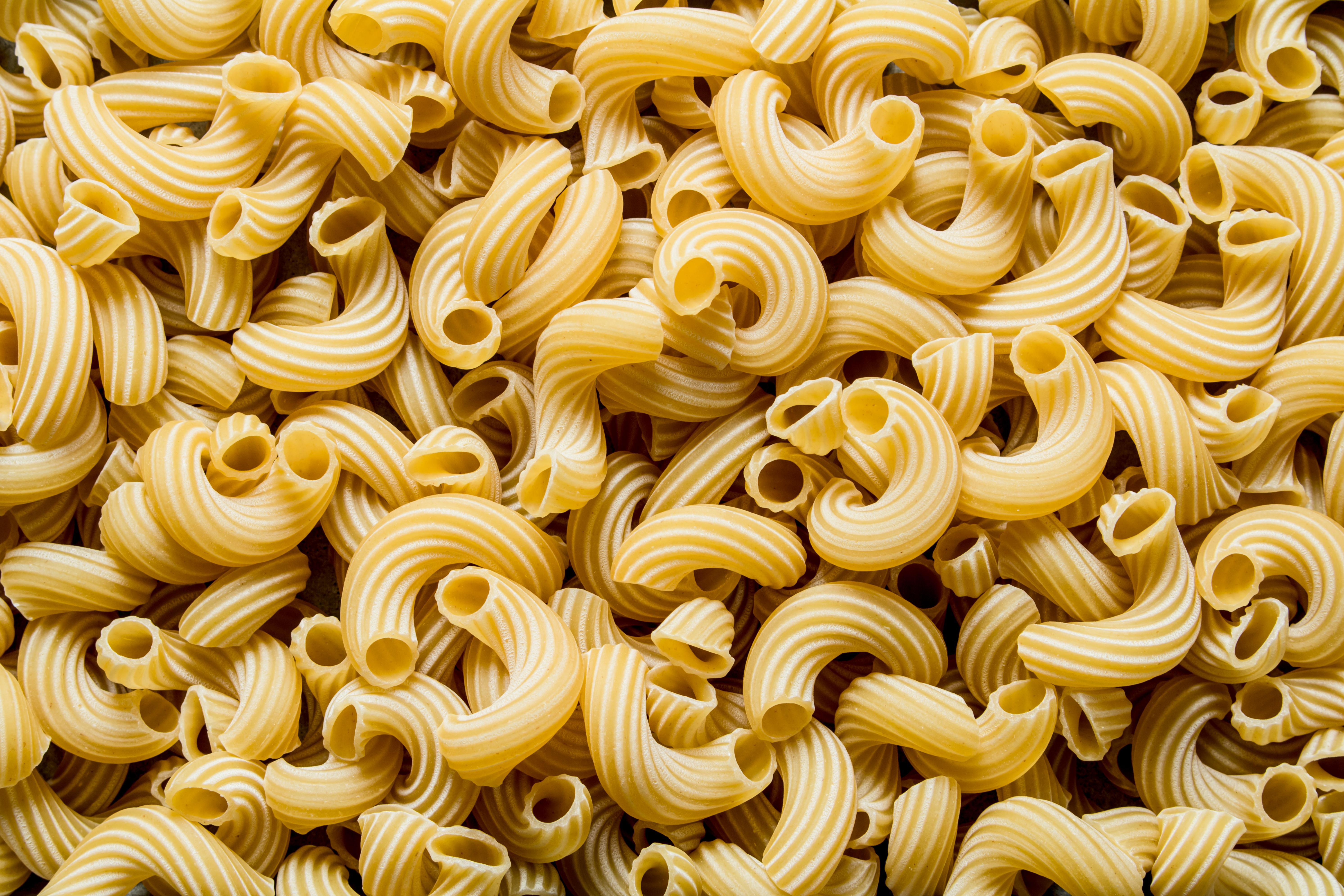
Refined grains, found in white bread, pasta, and pastries, have been stripped of their fiber and essential nutrients during processing. This results in a product that can cause rapid spikes in blood sugar levels, increasing the risk of insulin resistance and type 2 diabetes. Nutritionists recommend whole grains like brown rice, quinoa, and whole wheat products, which retain their fiber and nutrients, aiding in digestion and providing sustained energy. Making the switch to whole grains can improve metabolic health and support weight management.
5. Artificial Sweeteners: The Deceptive Sugar Substitutes
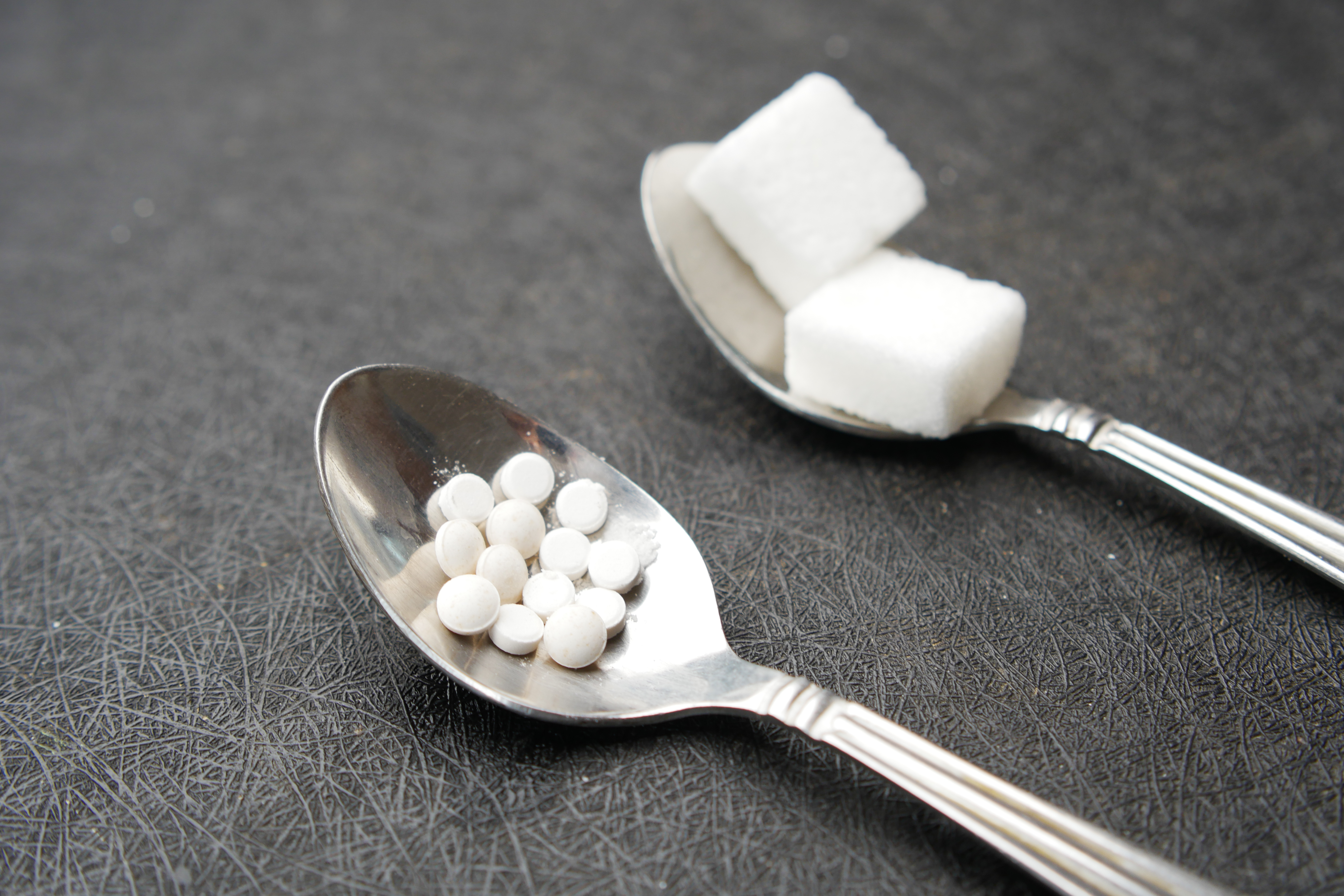
Artificial sweeteners, often marketed as a healthier alternative to sugar, can have unintended health consequences. Some studies suggest they may disrupt gut bacteria balance and increase cravings for sweet foods, potentially leading to weight gain. Nutritionists are cautious about recommending artificial sweeteners due to their controversial health effects and the potential for long-term metabolic changes. Instead, they advocate for natural sweeteners like honey or stevia in moderation, which can sweeten foods without the adverse effects associated with artificial options.
6. High-Sodium Foods: The Hidden Salt Mines

Foods high in sodium, such as canned soups, instant noodles, and salty snacks, can contribute to high blood pressure and cardiovascular disease. Nutritionists emphasize the importance of monitoring sodium intake because excessive consumption can lead to fluid retention and increased strain on the heart. Reducing sodium by choosing fresh, minimally processed foods and using herbs and spices for flavor can help maintain healthy blood pressure levels and support heart health.
7. Margarine: The Butter Alternative with a Dark Side

Margarine, once hailed as a healthier alternative to butter, can contain trans fats and artificial additives. These ingredients are associated with increased inflammation and a higher risk of heart disease. Nutritionists often recommend avoiding margarine in favor of healthier fats, such as olive oil or avocado, which provide beneficial monounsaturated fats that support heart health. By understanding the composition of margarine, consumers can make better choices about the fats they include in their diet.
8. Fast Food: The Convenience with Consequences

Fast food, characterized by its high calorie, fat, and sugar content, is a staple for many due to its convenience. However, nutritionists warn against frequent consumption because it can lead to obesity, heart disease, and other chronic health issues. The lack of essential nutrients and the presence of harmful additives in fast food make it a poor dietary choice. Opting for homemade meals or healthier fast food alternatives can reduce these risks and contribute to a balanced diet.
9. Packaged Snacks: The Hidden Calorie Traps
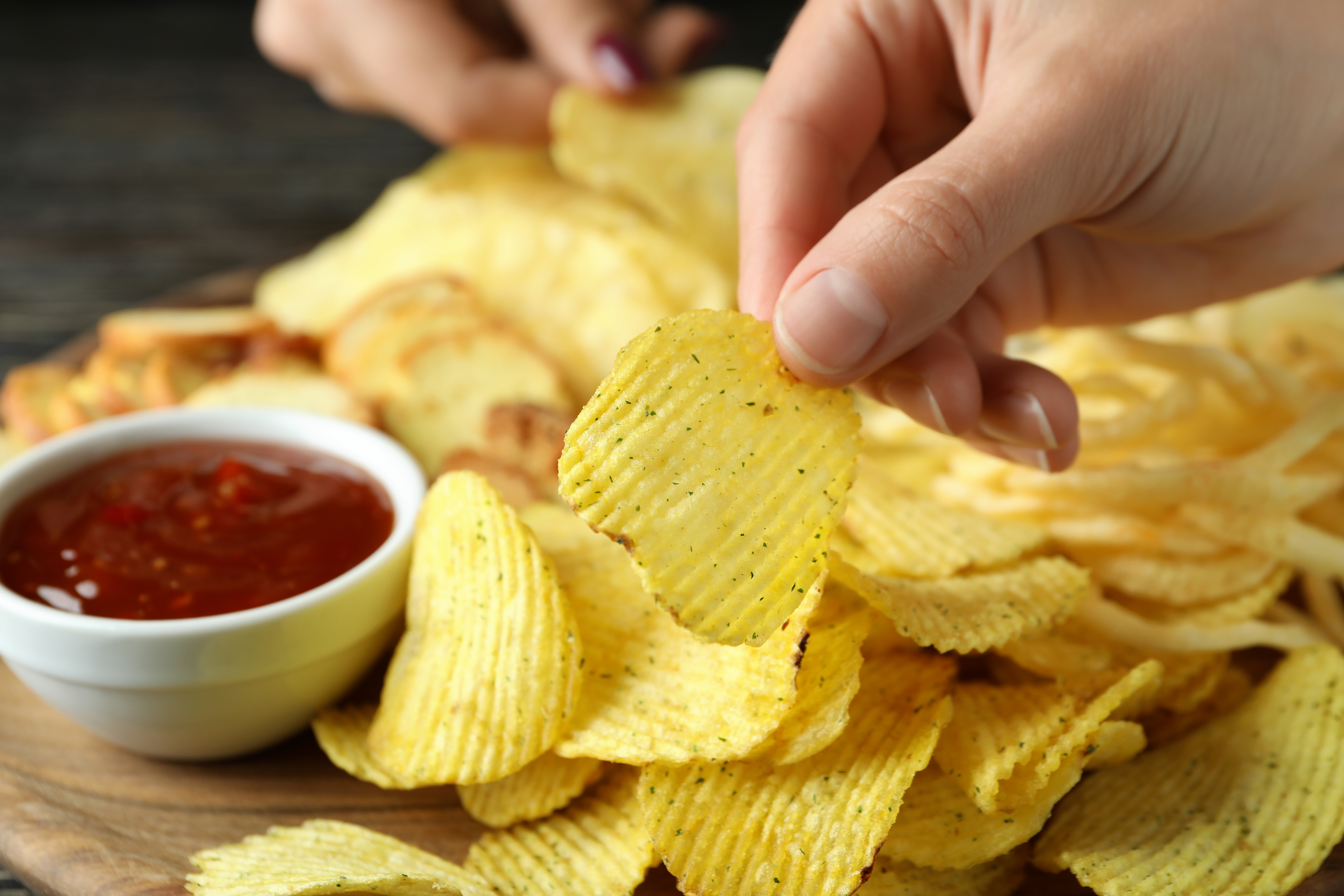
Packaged snacks, such as chips, cookies, and crackers, are often loaded with unhealthy fats, sugars, and preservatives. These snacks are designed to be addictive, leading to overconsumption and weight gain. Nutritionists advise choosing whole, unprocessed snacks like fruits, nuts, and yogurt, which provide essential nutrients and help maintain satiety. By avoiding packaged snacks, you can reduce your intake of empty calories and support a healthier lifestyle.
10. Energy Drinks: The Caffeine Overload
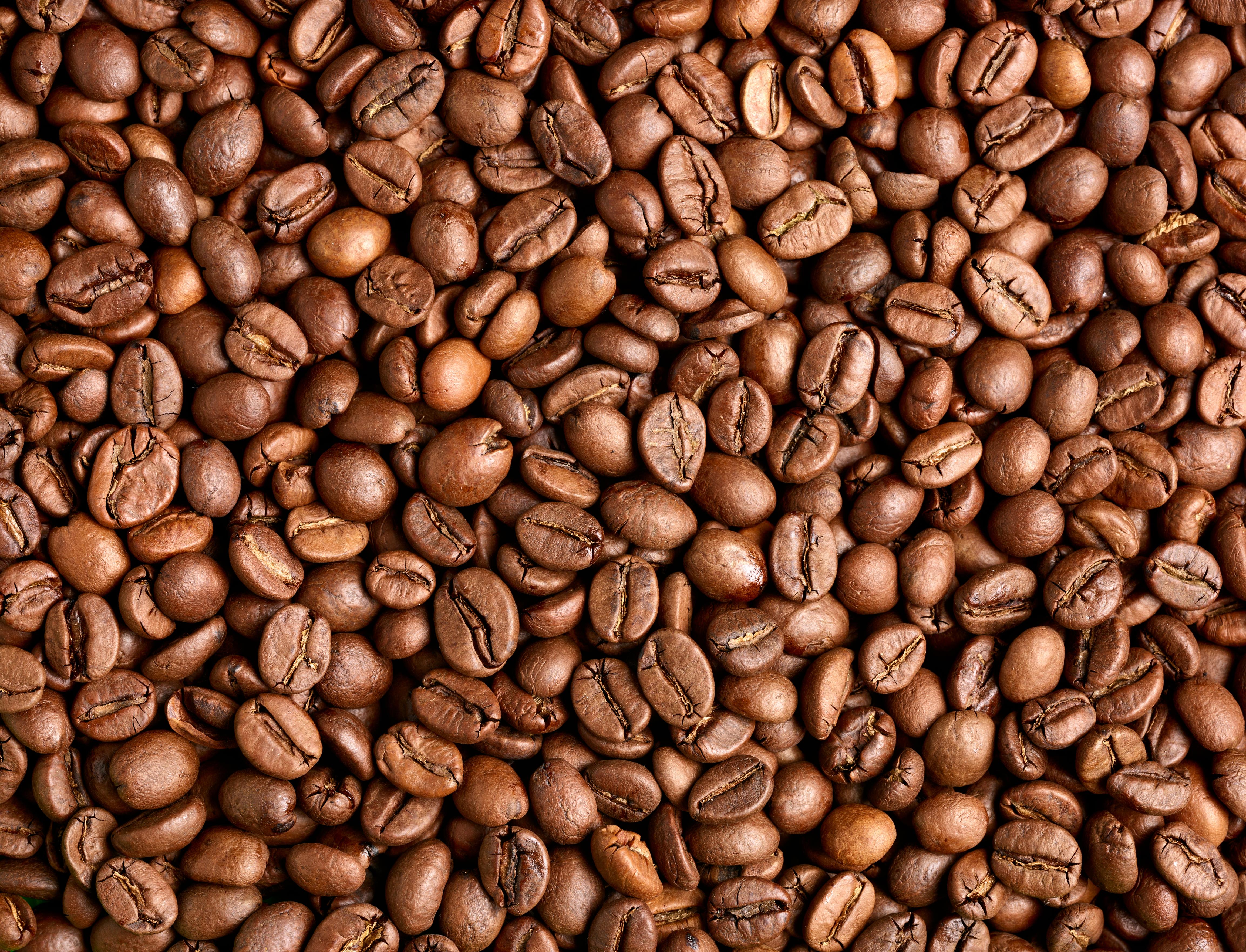
Energy drinks are popular for their ability to boost alertness and energy levels, but they often contain high amounts of caffeine and sugar. Nutritionists caution against these drinks due to their potential to cause heart palpitations, insomnia, and other health issues. The combination of caffeine and sugar can also lead to energy crashes and increased anxiety. Instead, nutritionists recommend natural energy boosters like green tea or a balanced diet to maintain energy levels throughout the day.
Empowering Healthier Choices

Understanding the reasons why nutritionists avoid certain foods can empower you to make informed dietary choices. By steering clear of foods high in trans fats, sugars, sodium, and artificial additives, you can reduce the risk of chronic diseases and promote overall health. Embracing whole, minimally processed foods and natural ingredients can lead to better health outcomes and a more balanced lifestyle. As you navigate the menu, let these insights guide you toward choices that support your well-being and longevity.
